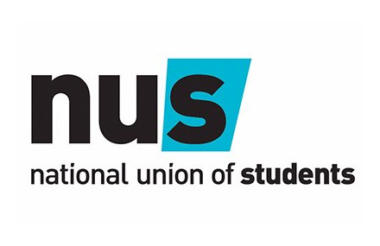The National Union of Students (NUS) is to propose a new governance structure at its upcoming conference, as part of a radical reform programme aimed at ensuring its future sustainability.
The confederation of students' unions is proposing a number of reforms. Instead of having multiple legal entities as it does now, going forward one board will oversee just two separate bodies with two separate purposes: one to represent students' voices and one to support and work with students' unions.
Both will be owned and funded by students' unions, giving them more clarity and control over how NUS funds are spent.
The board will comprise up to seven student officers, four student union members and four independent lay members. There will also be guaranteed seats on the board for up to ten full-time officers.
This new structure will replace 66 separate decision-making bodies and over 200 elected student leaders. NUS also plans to reduce the number of conferences it holds from 10 to five.
The proposals were developed after NUS said it would be taking measures to address “governance-related challenges” in December 2018, following difficulties including cash shortfalls of up to £3m.
The organisation underwent four months of member consultation and and carried out detailed financial modelling involving over 460 scenarios, before settling on a plan that will take it down to half its pervious size by July 2020.
To reduce costs, the group has secured loans and cut 54 jobs. The body has said that it is now financially solvent, but will need to sell its London offices and move most of its operations to Macclesfield, to make up its £3m shortfall. It also plans to reduce activity and staff costs by £914,000 by 2020. The reforms also include reducing the affiliation fee of student unions.
In a move to simplify its operations, it will offer an ‘ABC’ support model to its members - offering advice, building of student unions and crisis support. Subsidiaries of the umbrella body will be able to purchase additional services, but NUS will curate rather than deliver services, enabling groups of unions to shape, commission and even deliver the services they want.
The reforms will be presented to students’ unions in a motion at the upcoming NUS National Conference, from 9 to 11 April. Members will be able to submit amendments to the motion by 18 March.
|
Related articles












